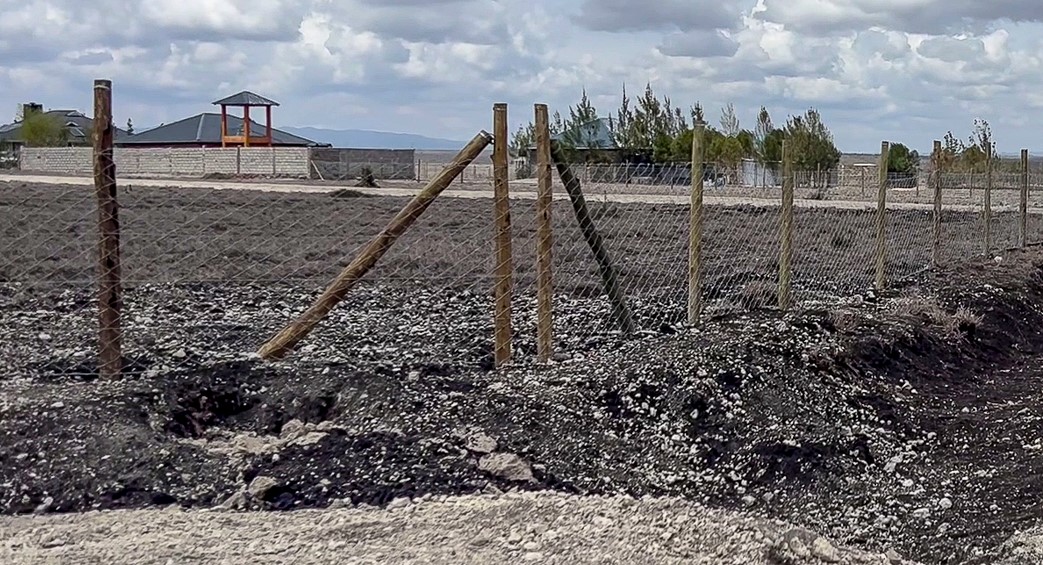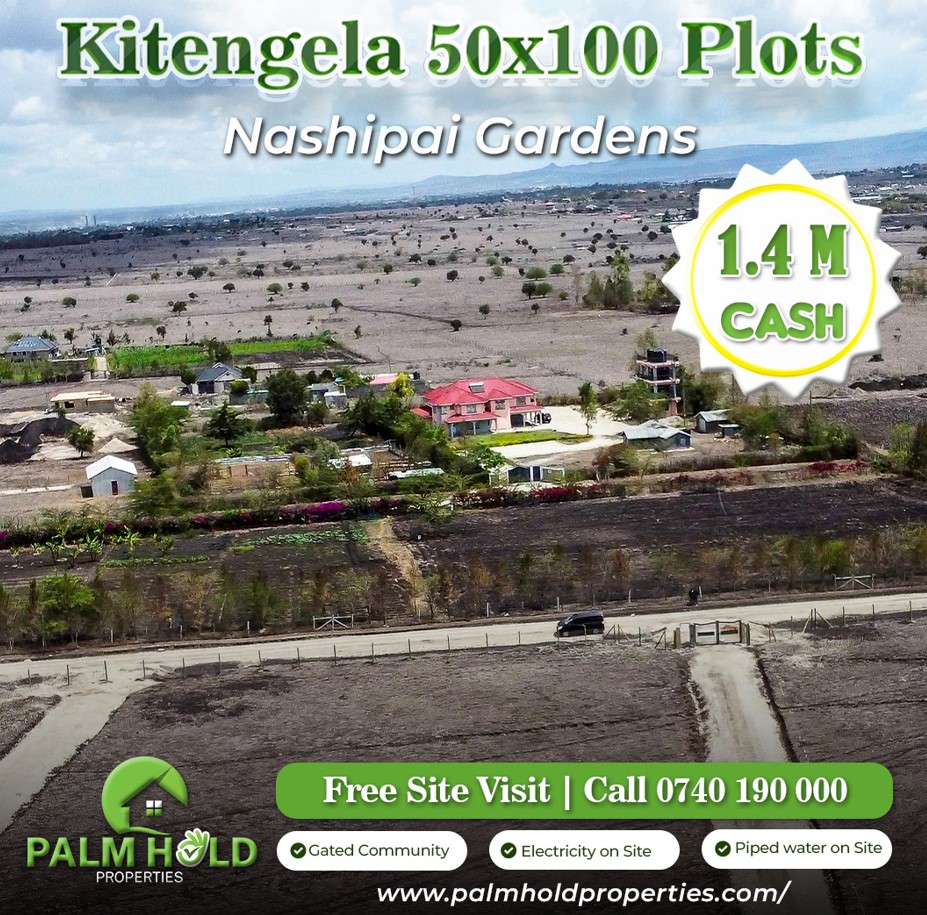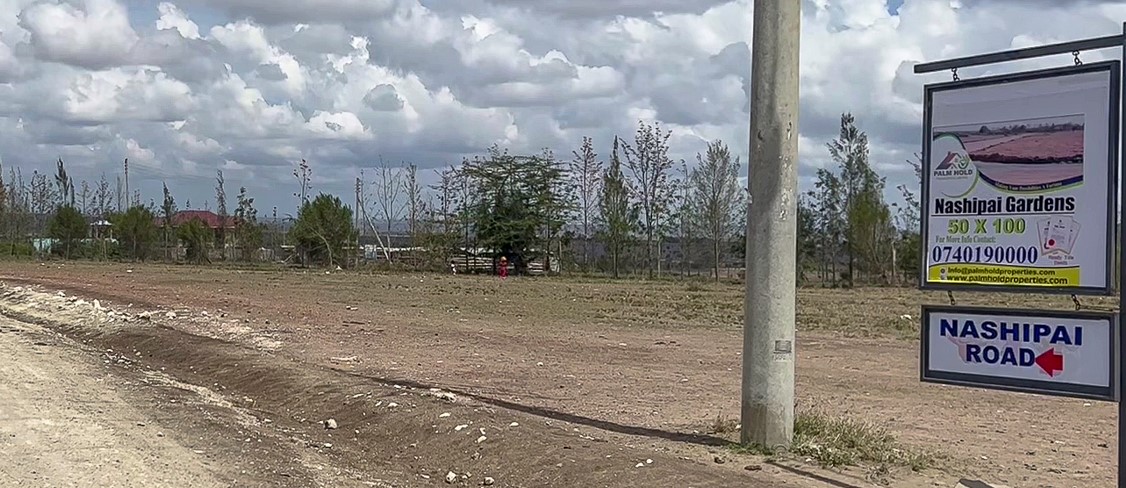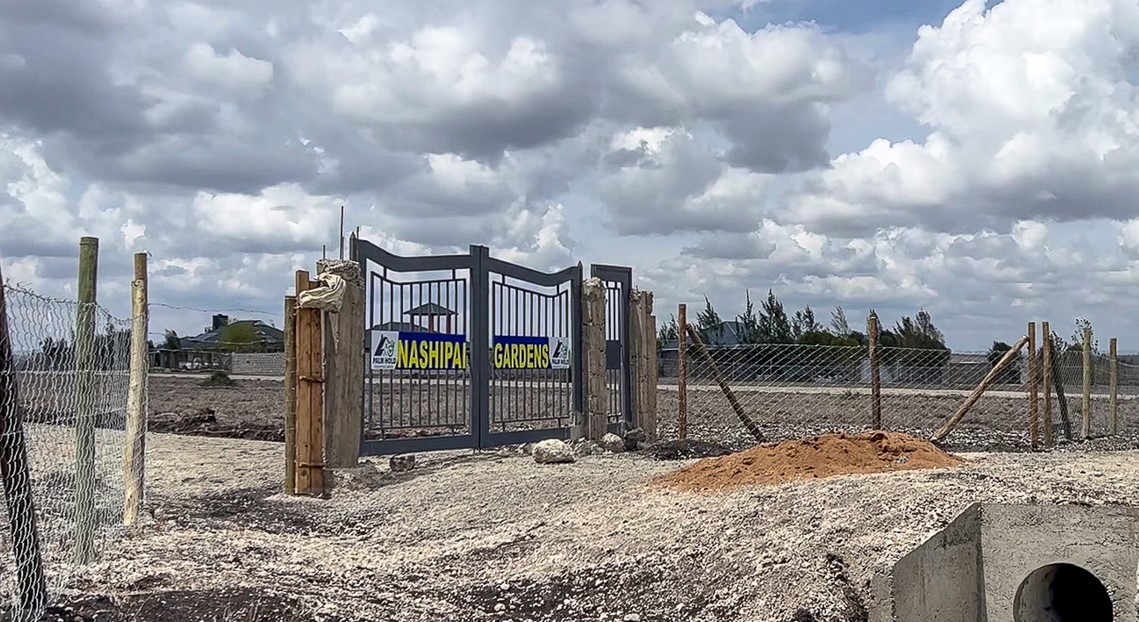Land ownership is a lucrative investment with growing interest among many investors. In 2021, Kenya’s real estate sector contributed 20 per cent to the country’s Gross Domestic Product(GDP), an increase from 2016’s 13.8 per cent.
Surprisingly, Gen Z’s are still attracted to this traditional form of investment, initially considered a reserve for millennials. However, it becomes a nightmare when you lose money to con artists when buying land.
I’m sure you have heard complaints of people who lost their money to con artists selling extremely cheap plots in prime locations. One of the tricks these con artists use is colluding with rogue officials at the Ministry of Land and Surveyors, identifying idle land belonging to private or government developers, and sub-dividing and selling it to unsuspecting investors.

And no! The nightmare is not only for first-time buyers; anyone, including you, can get conned.
The government approximates that Kes 60 billion is lost yearly to land fraud. Therefore, investors should be careful when making a land purchase to avoid falling into these scams. It is important to engage the services of a lawyer to make the buying process seamless.
To avoid being conned when buying land in Kenya, follow the steps discussed below;
1. Request To See The Title Deed Or Its Copy
The only way to tell the rightful owner of a given land is through the title deed. You will know you are being conned if your seller does not provide the document.
Once you have been issued the title deed, search at the Ministry of Lands to ascertain the real owner or if it has a caveat. The title deed search will cost you Kes 520.
2. Research With Local Authorities To Check Any Unpaid Land Rates
Land rates refer to the tax imposed on every piece of land by a county government. It is important to ensure the seller of the land you are buying settled all the land rates before making a purchase.
If there are any dues, agree with the seller who will settle them because land cannot be transferred with pending rates.

3. Land Mapping
To conduct land mapping, visit the Ministry of Lands and purchase two maps, one showing the neighbouring lands and the other showing the accurate measurements of the land you buy. (Also known as a mutation. Each map will cost you Kes350.
Thereafter, visit the land you are to purchase and verify the details on the maps checking out all beacons.
4. Negotiate The Price
Once you are done with mapping, negotiate the price with your seller. You can then write down the agreement or seek assistance from a lawyer.
However, the agreement doesn't need to be written by a lawyer because if the value of the land is below 1 million shillings, you pay the lawyer 3,000 shillings. If it’s above 1 million shillings, you pay 8,000 shillings for the agreement, according to the Law Society of Kenya.
5. Do Not Pay In Full
You should only pay some of the total and clear the rest once the Lands Control Board(LCB) gives the green light to the land sale.
LCB comprises the assistant county commissioner, and the local village elders mandated to prevent the seller from selling land that was never instructed to sell.
LCB meets once a month. It will cost you Kes, 1,000. But there is a special LCB meeting which you can book for Kes 5,000.
6. Clear The Remaining Balance
Go to the Ministry of Lands to shift ownership with the LCB's approval, a recent search (not older than six months), a clearance form from County land rates, your two maps, the agreement, KRA PIN, two passports, and a copy of the title deed. You should budget around Kes 5,000 for this.

7. Pay Stamp duty
After clearing the balance, you can now pay stamp duty per the value of the land. The stamp duty you must pay will depend on the land's worth. Municipalities will receive about 4% of the land's worth, while the reserve will receive 2%.
Final Thoughts
Do not let people’s sob stories about being scammed when b buying land hinder you from fulfilling your dream of becoming a landowner.
There are trusted and reputable land sellers like Palm Hold Properties that provide affordable prime properties to professionals and business people, reasonably priced housing for Eastern African communities and link homeowners and developers with the market.
To find out more about their listings reach check out Palm Hold Properties.












